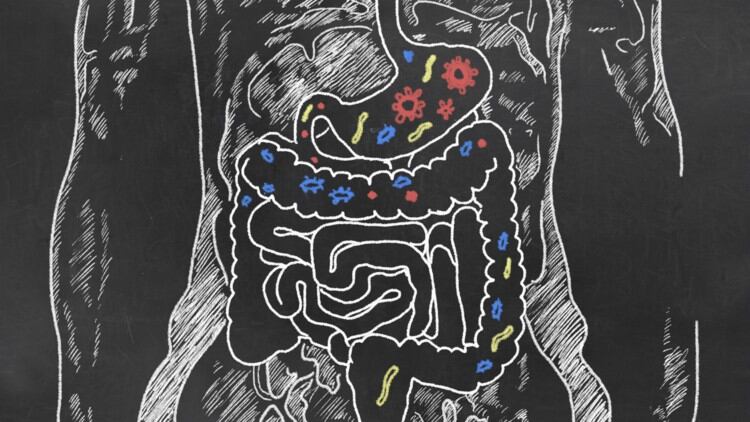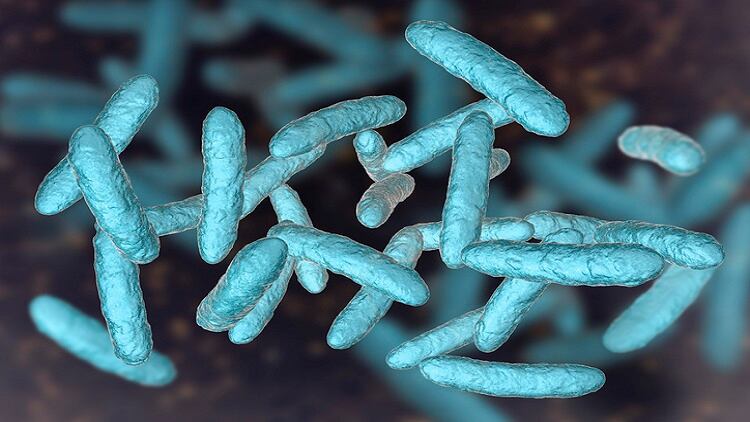The study assessed live births from the Australian Longitudinal Study on Women's Health (ALSWH) to analyse preterm birth and low birth weights (LBW) in relation to pre-pregnancy diet.
It included women who were nulliparous and nonpregnant at baseline surveys and used factor analyses and the Healthy Eating Index-2015 (HEI-2015) score to derive maternal dietary patterns.
Four dietary patterns were identified: meats and high-fats; prudent diets; sugar, refined grains, and processed foods; and traditional vegetables.
Preterm birth and LBW were assessed using maternal reports from ALSWH data between 2003 and 2015. Multivariable logistic regression analyses were used.
In a paper published in the American Journal of Clinical Nutrition, the authors wrote that greater adherence to the traditional vegetables pattern before pregnancy “was associated with a lower risk of preterm birth and spontaneous preterm birth after adjustments for lifestyle factors and pregnancy complications.”
However, no significant associations were observed between pre-pregnancy dietary patterns and LBW.
Professor Gita Mishra from the University of Queensland, said the study suggested dietary intervention and strategies to change behaviour may be helpful when women start thinking about having a baby.
This comes after findings from previous studies on associations between pre-pregnancy dietary patterns and preterm birth and low birth weight (LBW) were said to be limited and inconsistent.
“People born prematurely face a greater risk of metabolic and chronic diseases in adulthood, as well as poor cognitive development and academic performance,” Professor Mishra said.
Cause of death
Premature births, which are births before 37 weeks of gestation, are the leading cause of death in Australian children and affect 8.5 per cent of births each year, a figure which is trending upwards
University of Queensland PhD candidate Dereje Gete, who led the research, said: “Traditional vegetables are rich in antioxidants or anti-inflammatory nutrients, which have a significant role in reducing the risk of adverse birth outcomes.
“Women depend on certain stored nutrients such as calcium and iron before conception, which are critical for placenta and foetus tissue development.
“Starting a healthier diet after the baby has been conceived may be too late, because babies are fully formed by the end of the first trimester,” he said.
The research was part of the Australian Longitudinal Study on Women’s Health, a large ongoing population-based study of more than 57,000 women investigating the role of socio-demographic, biological, physical, environmental and behavioural factors on health and well-being.
Source: Americian Journal of Clinical Nutrition
https://doi.org/10.1093/ajcn/nqaa057
“Prepregnancy dietary patterns and risk of preterm birth and low birth weight: findings from the Australian Longitudinal Study on Women's Health”
Authors: Dereje G Gete, et




